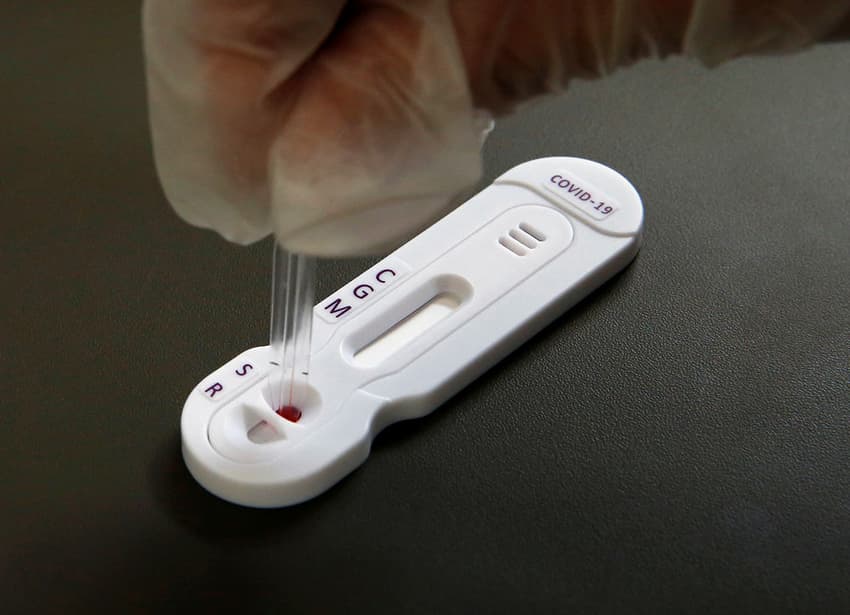One percent had Covid-19 antibodies in Danish national study

322,000 people took part in a broad-ranging trial in Denmark earlier this year, aimed at assessing how many people in the country have Covid-19 antibodies. Around one percent tested positive.
The study, entitled Vi tester Danmark (‘We’re Testing Denmark’), was intended to improve understanding of how widely the coronavirus spread throughout the country during the first wave in the spring and during the summer.
Just under one percent of participants had antibodies for the virus, an indication they have been infected at some point, according to a statement from national infectious disease agency State Serum Institute (SSI).
Participants in the trial were sent a home antibody testing kit and were required to prick themselves to complete the test before returning results.
The proportion who tested positive was lower than in previous trials in which the figure has been closer to two percent.
“This initially appears a low number, and upcoming analyses will hopefully help us to find out the background for this,” professor Kasper Karmark Iversen, who was part of the research team, said in the statement.
Two trends from the study have been noted: people living in or near Copenhagen were more likely to have antibodies, while older people were more likely to have a higher proportion of antibodies.
Around 500,000 of the tests were sent to people across Denmark at the end of September. SSI has said the tests have a false negative rate of 7 percent, though others have suggested they are more likely than this to be inaccurate.
READ ALSO: WHO warns of Europe Covid-19 'resurgence' and asks families to wear face masks at Christmas
Comments
See Also
The study, entitled Vi tester Danmark (‘We’re Testing Denmark’), was intended to improve understanding of how widely the coronavirus spread throughout the country during the first wave in the spring and during the summer.
Just under one percent of participants had antibodies for the virus, an indication they have been infected at some point, according to a statement from national infectious disease agency State Serum Institute (SSI).
Participants in the trial were sent a home antibody testing kit and were required to prick themselves to complete the test before returning results.
The proportion who tested positive was lower than in previous trials in which the figure has been closer to two percent.
“This initially appears a low number, and upcoming analyses will hopefully help us to find out the background for this,” professor Kasper Karmark Iversen, who was part of the research team, said in the statement.
Two trends from the study have been noted: people living in or near Copenhagen were more likely to have antibodies, while older people were more likely to have a higher proportion of antibodies.
Around 500,000 of the tests were sent to people across Denmark at the end of September. SSI has said the tests have a false negative rate of 7 percent, though others have suggested they are more likely than this to be inaccurate.
READ ALSO: WHO warns of Europe Covid-19 'resurgence' and asks families to wear face masks at Christmas
Join the conversation in our comments section below. Share your own views and experience and if you have a question or suggestion for our journalists then email us at [email protected].
Please keep comments civil, constructive and on topic – and make sure to read our terms of use before getting involved.
Please log in here to leave a comment.